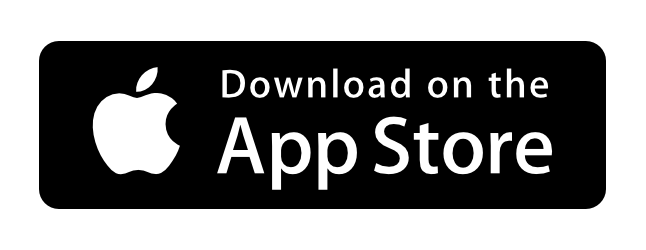There's an old saying that goes "Eat breakfast like a king, lunch like a prince and dinner like a pauper," but most of us do the opposite. This is exactly the wrong way to eat if we're trying to lose weight. It also works against us if we're trying to keep our energy up during the day and our mental performance level high. Remember, you've just gone eight hours without food, your body is craving nourishment, and your brain needs glucose to function at its best. Skipping breakfast is one of the worst possible things you can do.
Research shows that between 35% and 40% of all Americans skip breakfast, and many kids leave for school without it. The implications are dramatic, both physically and mentally (more on that in a moment). "People who skip breakfast are more than four times as likely to be obese than people who eat something in the morning," says Jonny Bowden, Clinical Nutrition Specialist. Wow. Skipping breakfast makes you fatter!
Then there's brain performance. "Numerous studies over the years have shown that skipping breakfast impacts the behavior and mental performance of school kids," Bowden said. "Kids who eat breakfast have better memory, and higher math and reading scores. And kids who are hungry have a large number of behavior problems, including fighting, stealing, having difficulty with teachers and not acknowledging rules."
Additionally, people who eat breakfast are far more likely to get a healthy intake of vitamins and minerals than those who don't. In one study published in the Journal of the American College of Nutrition, researchers found that people who ate a hearty breakfast containing more than one-quarter of their daily calories had a higher intake of essential vitamins and minerals, and lower serum cholesterol levels to boot.
So what constitutes a good breakfast?
Is it the high-carb, low-fat "Breakfast of Champions" that was so in vogue several decades ago? Or is it a plate piled high with meat and bacon minus the bread and potatoes a la Atkins diet?
Breakfast that includes protein translates into a more sustained level of energy throughout the morning. Protein fills you up longer, and you're less likely to have midmorning cravings. You're also less likely to overeat at lunch, or to be so hungry that you'll grab whatever takeout garbage you can get your hands on. And higher protein at breakfast increases metabolism, helping you to maintain a healthy weight. "In one study, a high-protein breakfast increased the metabolism of healthy young women by a shocking 100%," Bowden said.
There are definite advantages to adding protein to the traditional all-carb American breakfast, but that doesn't mean you should have 1000 calories of bacon! One-third of your breakfast should come from a lean protein source, and the rest from healthy fats and fibrous carbs.
Don't eat the same thing every day.
Don't be afraid to think outside the American "breakfast food" box. In Asia, the traditional Japanese breakfast consists of a small piece of fish (like salmon), some light vegetables and a tiny portion of rice, accompanied by a small bowl of miso soup. The health benefits of fish and vegetables in the morning are huge, and the omega-3s in salmon are terrific for your skin, plus they help regulate mood and are essential for proper hormone formation. If fish in the morning is too much of a stretch:
Eggs are loaded with protein and other nutrients such as phosphatidyl choline for the brain and heart. Scramble some eggs with spinach and sliced apples in some coconut oil, and season with turmeric and lemon pepper. It's loaded with protein and nutrients for the eyes, like lutein and zeaxanthin, plus the turmeric is one of nature's great anti-inflammatories.
Note: We officially recommend free-range, antibiotic-free eggs. They have higher nutrient content than conventional eggs, it's better for the chickens, and it doesn't perpetuate antibiotic resistance like conventional chicken feed does.
Yogurt that contains active cultures. Try a cup with nuts, grapes, or berries.
Peanut butter sandwich. Buy whole-grain bread and spread some natural peanut or almond butter on a slice, fold it in half, and you have an easy, no-cook breakfast. Goes great with a glass of skim milk or some hot green tea.
Whey protein shake. If you cannot conceive of eating a protein source for breakfast that isn't bacon or sausage, try some powdered whey protein as your protein source. It's easy and versatile. You can mix whey powder in water, milk, or juice; or you can sprinkle some on your cereal. You can make a smoothie by adding frozen berries or half of a banana. Or try powdered whey in cranberry or pomegranate juice, or use almond or rice milk. Adding a splash of flax oil to the shake will add essential fats and help the smoothie 'stick' with you a little longer. Experiment and see what you like. Univera's Ageless Xtra with some whey protein is one of my personal favorites.
Just remember, every time you eat, try to get a combination of protein and carbohydrates. Eat often (every 3-4 hours), and don't eat too much at one time!




